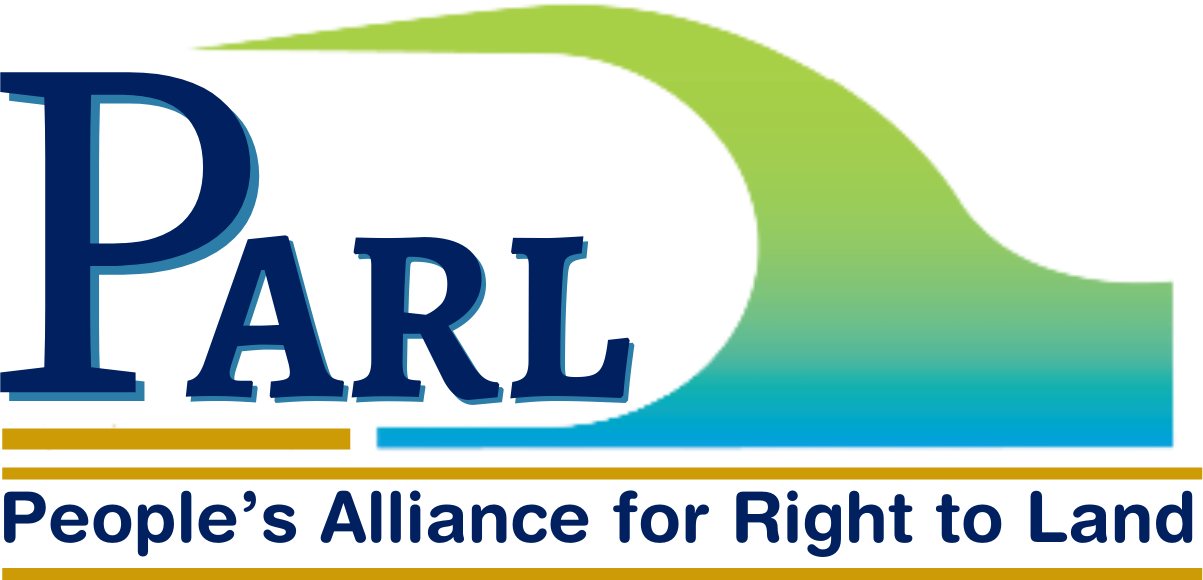The People’s Land Commission: An Introduction
Motive
Access and control of land not only reinforces economic stability, but is also a symbolic representation of a person’s dignity and social status. Hence land has been used as the ultimate tool to maneuver political will and political leverage with land related issues often created and at times addressed in an ad hoc manner. In retrospect, land has been a key turning point in the escalation of past conflicts in Sri Lanka.
The need for a people-centred land policy is increasingly becoming evident. The People’s Land Commision (PLC) puts forward a guidance note for a planned people-centered land policy developed based on concerns and ground level realities of most vulnerable communities.
Process
The PLC was initiated in 2019 with the objective of studying problems and consequential impacts faced by communities as a result of existing land policies, land laws and land administration procedures and practices. This consultative process focused on the continuing exclusion of peoples’ concerns in formulating government policies. The PLC consisted of a total of 11 activists, academics, researchers and lawyers. The PLC spoke to a total of 885 people conducting hearings across 18 districts: Ampara, Anuradhapura, Badulla, Batticaloa, Colombo, Galle, Gampaha, Hambantota, Hatton, Jaffna, Kilinochchi, Mannar, Monaragala, Mullaitivu, Matara, Polonnaruwa, Trincomalee and Vavuniya.
Subsequently the PLC produced a series of findings and recommendations under 05 key areas:
1. Dispossession
2. Deprivation of livelihoods and social security
3. Environmental degradation
4. Diminished identity
5. Women’s struggles for possession of lands, land rights and human security.
*Summary of the People's Land Commission Report will be published as a series of articles in the future





